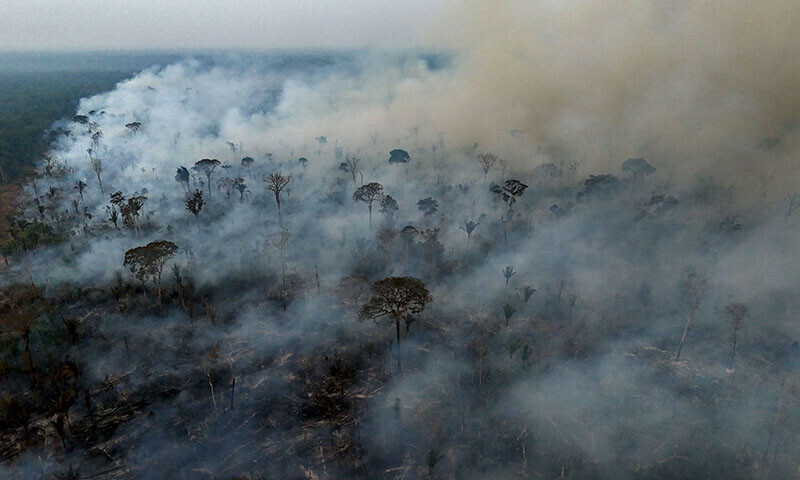In a historic and alarming milestone, 2024 marked the first year where global temperatures exceeded 1.5ºC above pre-industrial levels. According to the European Union’s Copernicus Climate Change Service (C3S), this breach underscores the worsening trajectory of climate change. Every month in 2024 ranked as the warmest or second warmest since records began.
The planet’s average temperature in 2024 was 1.6ºC higher than the 1850-1900 pre-industrial baseline. This year also became the hottest ever recorded, with the last decade being the warmest in history. Such data highlights the undeniable influence of climate change on weather patterns.
Disastrous Impacts Felt Globally
Wildfires in California destroyed over 10,000 structures and killed at least ten people. Similarly, Bolivia and Venezuela faced devastating fires, while Nepal, Sudan, and Spain endured catastrophic floods. Heatwaves in Mexico and Saudi Arabia claimed thousands of lives, further proving climate change’s far-reaching consequences.
Additionally, a hotter atmosphere holds more water, leading to heavier downpours and extreme storms. In 2024, water vapor concentrations hit a record high, intensifying rainfall globally.
Political Inaction Amid Alarming Trends
Despite mounting evidence, political commitment to climate action has diminished in some regions. For instance, US President-elect Donald Trump labeled climate change a hoax, opposing global scientific consensus. Similarly, some European governments prioritized industrial competitiveness over ambitious climate policies.
However, experts warn that delaying action only worsens the crisis. Matthew Jones, a climate scientist, emphasized that fire-prone weather will increase without addressing root causes like CO2 emissions.
A Call for Urgent Climate Action
Governments must act swiftly to meet the Paris Agreement goals, which aim to limit long-term warming below 1.5ºC. While the 2024 breach does not violate this target, it signals an urgent need for rapid emission cuts.
Wopke Hoekstra, the EU climate commissioner, described the breach as a “rude awakening.” He called for global leaders to prioritize climate policies despite geopolitical challenges.
Future Outlook: A Narrow Window of Opportunity
Greenhouse gas emissions and El Nino contributed to 2024’s record-breaking temperatures. Experts predict 2025 will rank among the top three warmest years. However, transitioning to cooler La Nina conditions may provide slight relief.
Ultimately, the path forward depends on collective global efforts to reduce emissions. Carlo Buontempo, C3S director, stated that humanity still has the power to change the current trajectory. Acting now can prevent future disasters and protect vulnerable communities worldwide.
The first year above 1.5ºC serves as a wake-up call for urgent climate action. Without decisive steps, humanity risks pushing the planet into even more dangerous territory.











